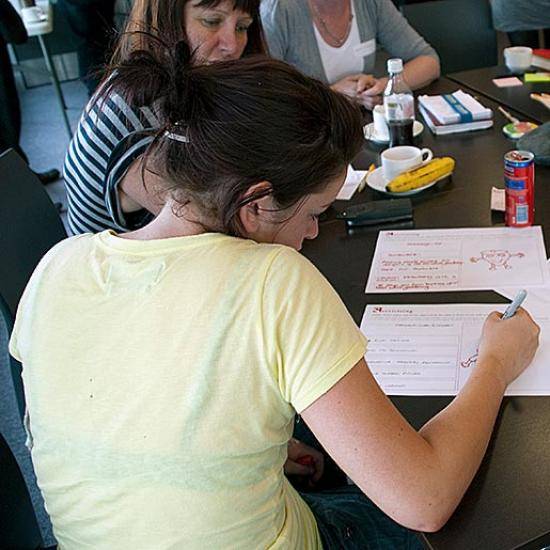Redesigning support for care leavers
Exploring the use of co-productive methods to collaboratively design and improve leaving care services
Final report of a project that brought together care leavers in Argyll and Bute with their corporate parents (throughcare and aftercare, social work, health, homelessness and education services), to explore what a co-productive approach could look like in the social work sector.



